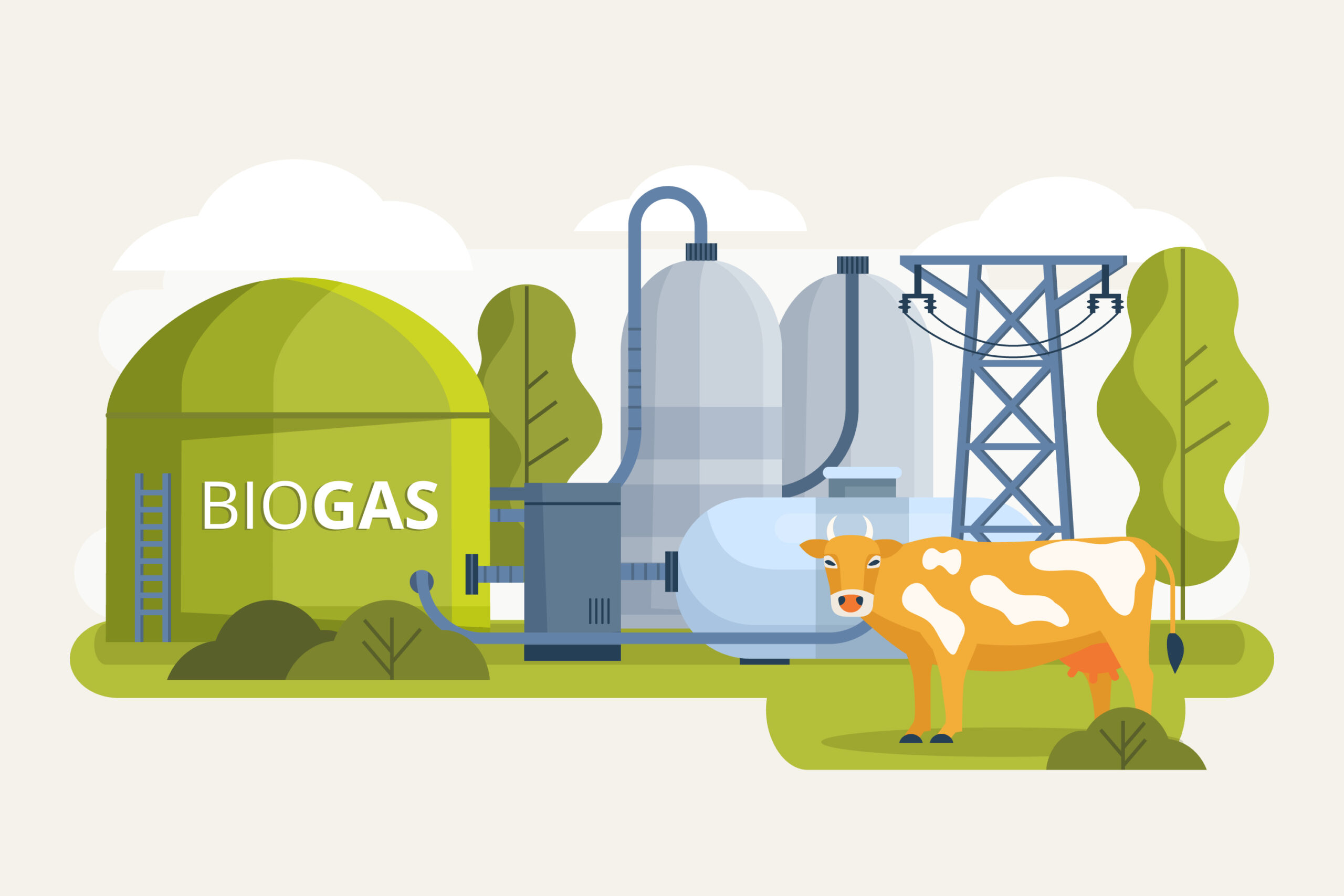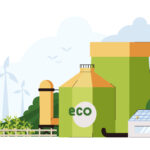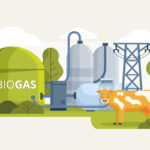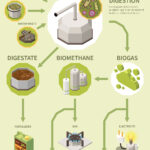Biogas, a sustainable and eco-friendly energy source, is generated through the natural decomposition of organic materials in an anaerobic environment. This process, known as anaerobic digestion, produces a mixture of gases primarily consisting of methane and carbon dioxide. Biogas offers a multitude of environmental benefits, with one of the most significant being its capacity to reduce greenhouse gas emissions. By capturing and utilizing methane, a potent greenhouse gas that would otherwise be released into the atmosphere from decomposing organic waste, biogas projects contribute to mitigating climate change. Furthermore, biogas production is closely linked to efficient waste management practices, offering a dual advantage of curbing pollution while simultaneously generating renewable energy. From its applications in electricity generation and heating systems to its use as a vehicle fuel, biogas plays a pivotal role in fostering sustainability, reducing dependence on fossil fuels, and promoting a greener and more sustainable future.
Biogas offers several significant advantages, making it an attractive and sustainable energy source:
- Renewable Energy: Biogas is a renewable energy source because it is produced from organic materials like agricultural waste, sewage, and food scraps. As long as organic waste continues to be generated, biogas production can be sustained indefinitely.
- Greenhouse Gas Reduction: Biogas projects capture and utilize methane, a potent greenhouse gas. By doing so, they significantly reduce methane emissions, which would otherwise be released into the atmosphere if organic waste decomposed naturally. This mitigates climate change and contributes to a smaller carbon footprint.
- Waste Management: Biogas systems provide an effective and environmentally friendly method of managing organic waste. Instead of sending this waste to landfills, where it can produce methane emissions, it is processed in biogas digesters, reducing the volume of waste and preventing harmful gas release.
- Energy Independence: Biogas production can reduce dependence on fossil fuels. It can be used for electricity generation, heating, and as a vehicle fuel, helping to diversify energy sources and enhance energy security.
- Local Energy Production: Biogas facilities can be established locally, especially on farms or near waste generation sites. This decentralization of energy production reduces the need for long-distance energy transportation and minimizes transmission losses.
- Generation of Heat and Electricity: Biogas can be burned to produce both heat and electricity simultaneously, a process known as combined heat and power (CHP) or cogeneration. This maximizes the energy efficiency of biogas utilization.
- Digestate as Fertilizer: The nutrient-rich byproduct of biogas production, known as digestate, can be used as an organic fertilizer. It helps improve soil quality and promotes sustainable agriculture practices.
- Reduction of Odor and Pollution: Biogas projects can reduce unpleasant odors associated with organic waste. They also help control other environmental pollutants commonly linked to waste disposal.
- Job Creation: Developing and operating biogas facilities can create job opportunities in rural and urban areas, contributing to local economies.
- Environmental Sustainability: Biogas aligns with the principles of sustainability by reducing waste, preventing pollution, and promoting the circular economy, where resources are recycled and reused.
- Diverse Feedstocks: Biogas can be produced from a wide range of organic feedstocks, making it a versatile and adaptable energy source.
- Complementary to Renewable Energy Mix: Biogas complements other renewable energy sources like solar and wind by providing continuous energy generation, even when the sun isn’t shining or the wind isn’t blowing.
Overall, biogas offers a sustainable and multifaceted solution to energy generation, waste management, and environmental protection, making it a valuable resource in the transition to a more sustainable and greener future.
“Turning waste into watts, and methane into a method for a greener tomorrow.”




